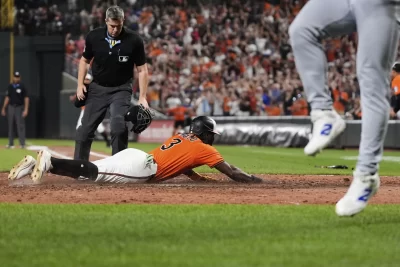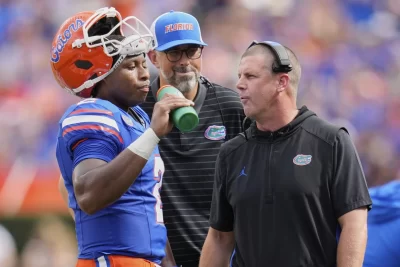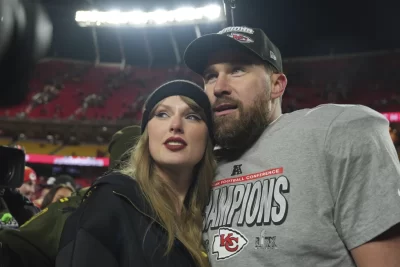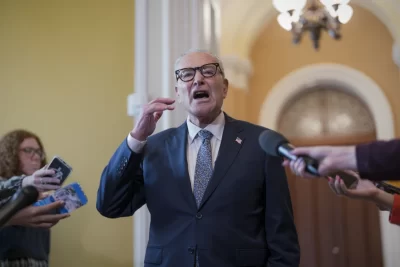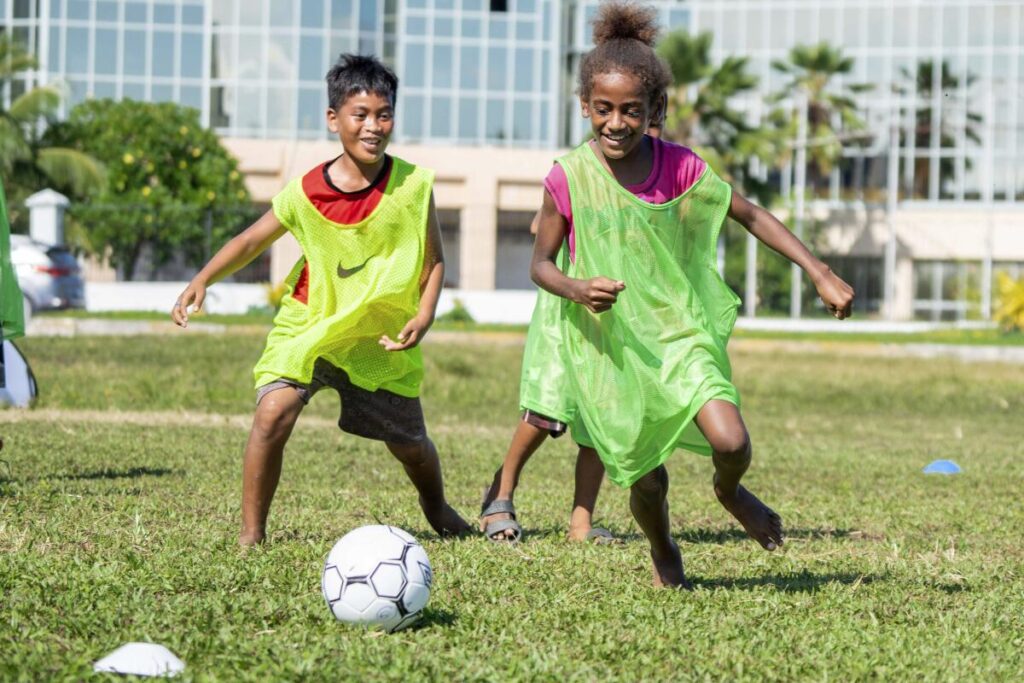
Lloyd Owers recalls with fondness his initial visit from his home in England to the Marshall Islands, a small nation of five islands, 29 atolls and about 60,000 people situated in the western Pacific Ocean between Hawaii and Australia.
“I felt at home,” the 33-year-old soccer coach said of his first impressions. “The community welcomed me with open arms.”
Owers wasn’t there as a widely-traveled Brit checking it out as a tourist. He was appointed technical director of the Marshall Islands Soccer Federation in December of last year, and was making his first official visit in August in that capacity.
Oh, by the way, the Marshall Islands has no national soccer team. It’s been touted as the “last country on Earth” without international representation in the sport.
“Yes,” Owers reiterates in emailed correspondence with The Associated Press. “We are the only U.N.-recognized nation that have never had a national representative team.”
The Marshall Islands are not a member of FIFA, soccer’s international governing body. The country’s first attempt to join an official regional soccer organization could come with the Oceania Football Confederation or the Asian Football Confederation.
“We are still exploring all available options to us,” Owers says. “OFC and AFC are both viable options. We hope to progress into more talks during 2024 but at this stage we are still in the planning phase to ensure that we are fully prepared.”
The preparation has begun, with soccer officials in the country and Owers planning a grassroots-level entree into the sport via the country’s schools.
“The soccer federation has already agreed with the ministry of education to add soccer to the school sports curriculum alongside volleyball and basketball,” Shem Livai, president of the Marshall Islands Soccer Federation, told the AP. “To enable school teachers to deliver high-quality coaching sessions we will be training teachers to be qualified soccer coaches through a combination of online and in-person courses.”
Livai says there are about 6,000 children who live on Majuro Atoll — the largest and capital island — and about 12,000 children are spread across all of the islands.
“Eventually we want them all to have the opportunity to play football or futsal,” Livai says.
Owers, who is very active on social media, is doing his part, posting a request for his followers to donate balls, bibs, cones and goals to help out the fledgling program in the Marshall Islands.

